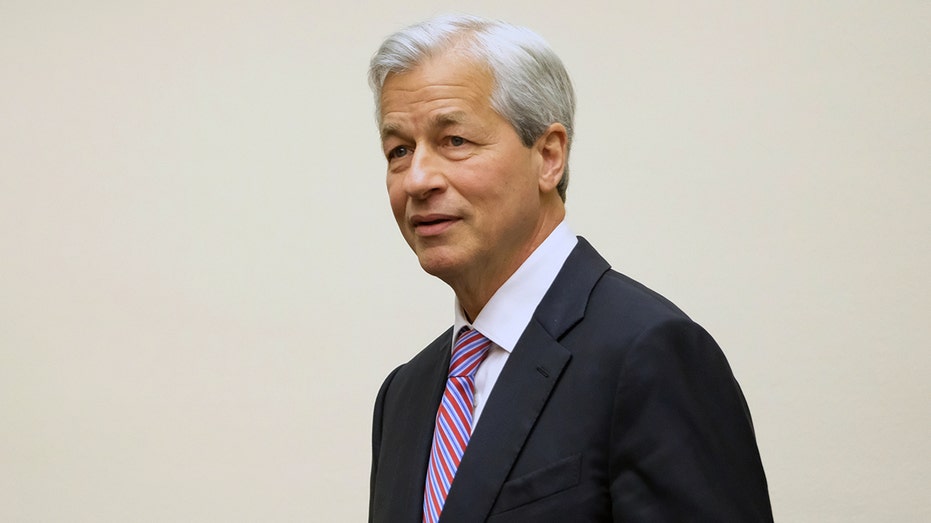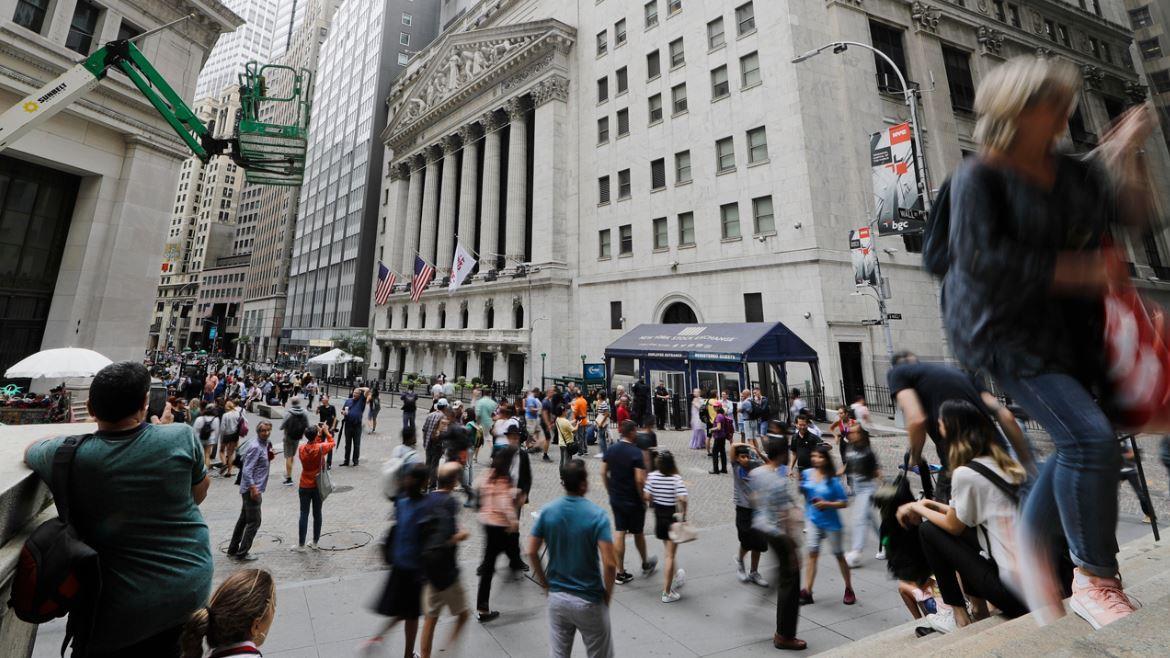America's top CEOs lower economic outlook on trade concerns
CEOs cited trade uncertainty as the reason for the dimmed outlook
The CEOs of America’s biggest companies lowered their economic outlook for the seventh consecutive quarter as fears about the U.S.-China trade war continued to rattle the country’s top executives.
The Business Roundtable’s index of the CEO’s economic outlook fell by 2.5 points in the fourth quarter to 76.7, well below the historical average of 82.7, an indication of moderation in the pace of economic growth over the next six months.
GET FOX BUSINESS ON THE GO BY CLICKING HERE
The organization, a nonprofit that represents 140 CEOs, projected the U.S. economy will expand at a 2.1 percent annualized rate next year in its first forecast for 2020, in line with the Federal Reserve’s estimates of 2 percent GDP. In dimming its forecast, the association cited tension between the U.S. and its trading partners, as well as the manufacturing recession in the U.S.
“There has been progress in several policy areas that has strengthened the U.S. economy from top to bottom, but more progress needs to be made on free and fair trade agreements,” said Jamie Dimon, JPMorgan Chase CEO and chairman of the Business Roundtable.
FED ENTERS CHAOTIC 2020 ELECTION YEAR AT ODDS WITH TRUMP
The association’s indexes for sales and capital investment remained below historical averages. Sales ticked up slightly to 7 points to 98.6, while investment decreased by 8.9 points to 64.5. Hiring, meanwhile, decreased 5.5 points to 67.1 -- higher than its historical average.

Jamie Dimon, chief executive officer of JPMorgan Chase & Co., before a House Financial Services Committee hearing on April 10, 2019, in Washington, D.C. (Photo by Alex Wroblewski/Getty Images)
On Tuesday, Democrats signed off on a new trade deal with Canada and Mexico, handing President Trump a major victory on trade. But it’s still unclear whether the U.S. intends to move forward with proposed tariffs against Chinese imports, set to take place Sunday.
Corporate executives have been vocal opponents of the hundreds of billions of dollars in tariffs that have resulted from the trade war between the world’s two largest economies.
“Because growth in trade-dependent jobs far outpaces job growth as a whole, we urge lawmakers to engage in more trade agreement negotiations and enact trade policies that preserve and strengthen an important pillar of the American economy,” Lance Fritz, president and CEO of Union Pacific, said in a statement.
Forty-eight percent of CEOs identified labor as the biggest cost pressure facing their companies, which they said reflected real wage growth for American workers and a healthy labor market fostered in part by the 2017 Tax Cuts and Jobs Act.




















